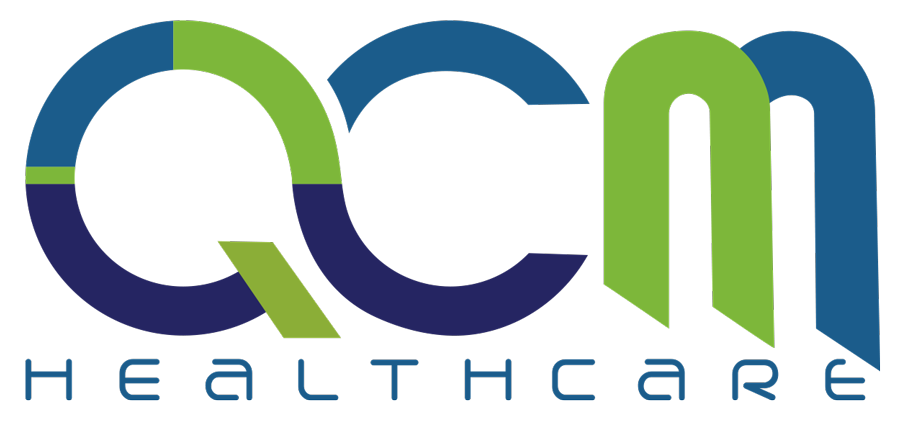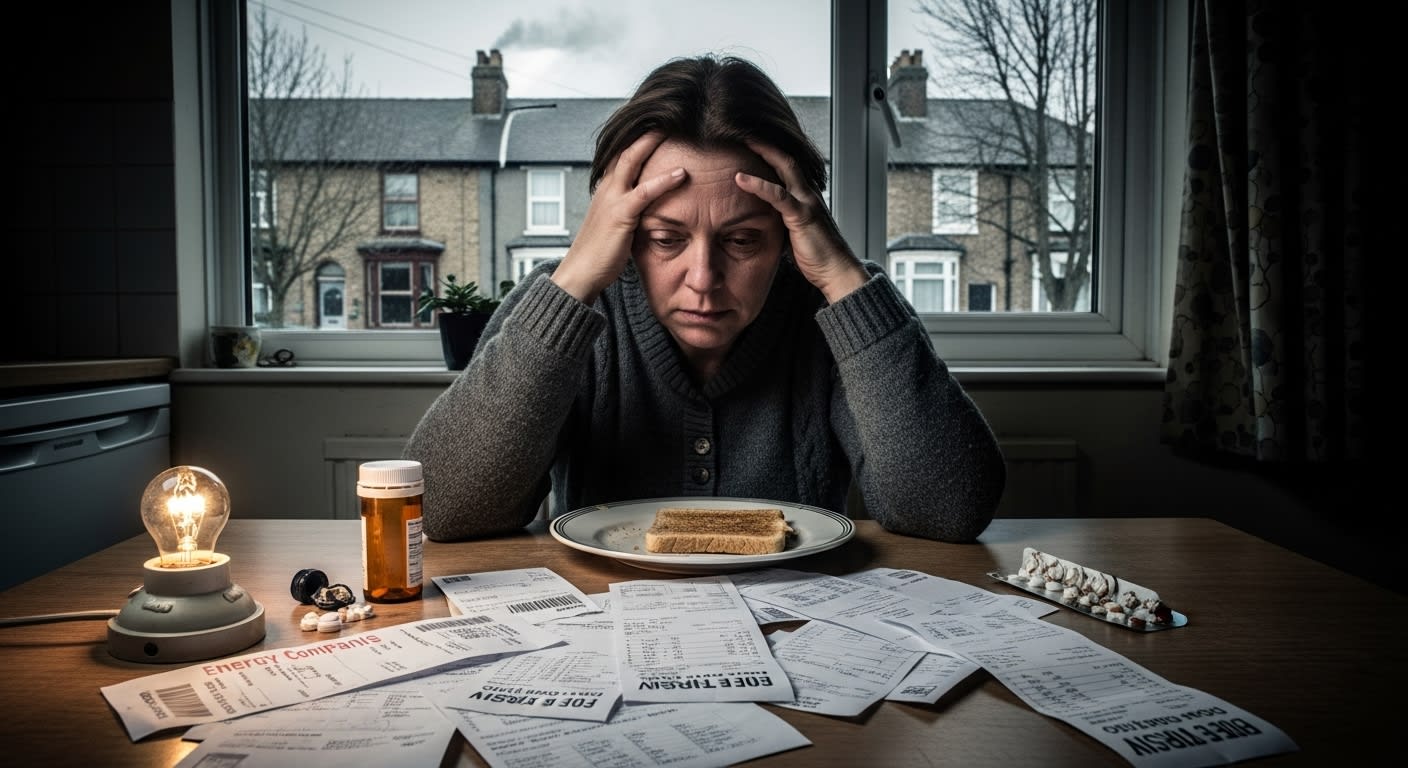Navigating a mental health crisis can feel confusing and frightening, especially when you’re unsure where to turn for immediate help. Knowing how to choose the right crisis support service ensures you get the right care at the right time. QCM Healthcare understands that every crisis situation is unique, and timely intervention can make a life-changing difference. Whether you’re supporting yourself or someone else, this guide will walk you through each step of the UK’s mental health crisis system, from emergency response to ongoing support, so you can make informed decisions when it matters most.
Understanding Mental Health Crises and When to Seek Help
A mental health crisis happens when someone feels unable to cope, experiences extreme distress, or has thoughts of self-harm or suicide. Recognising these early warning signs can prevent a situation from worsening. Symptoms may include overwhelming anxiety, uncontrollable emotions, social withdrawal, or disorientation.
It’s important to remember that mental health deserves the same urgency and care as physical health. Understanding when to seek help empowers you to act quickly, avoid harm, and connect with the right professionals.
How to Choose the Right Crisis Support Service
1. Responding to Life-Threatening Emergencies (Call 999 or Go to A&E)
If someone is in immediate danger, for instance, has seriously harmed themselves or is about to, calling 999 or visiting the nearest Accident & Emergency (A&E) department is essential. Emergency responders are trained to prioritise physical safety first, ensuring that urgent medical needs are met before mental health support follows.
However, many patients report feeling discharged from A&E with minimal follow-up support. This is why knowing what other services exist after the initial emergency response is so valuable. Once immediate safety is secured, exploring the next steps, such as the NHS 111 Mental Health option, can ensure continued care.
2. Using the NHS 111 Mental Health Option (24/7 Helpline)
When the situation feels urgent but not life-threatening, the NHS 111 Mental Health Option (Option 2) is a lifeline. It operates 24 hours a day, 7 days a week, providing instant access to trained professionals who can listen, assess, and connect you to the right service.
To use it, dial 111, then select Option 2 for mental health. You’ll be connected to your local mental health crisis team, often hosted by an NHS Trust or a community partner. The call begins with a screening process, during which the staff assess the urgency of your situation. They might ask about your location, current feelings, safety, and available support systems.
Importantly, this service is inclusive. It accommodates people with communication needs, language differences, or neurodiverse conditions. If you accidentally select the wrong option, NHS 111 advisors can transfer you to the right team, ensuring you never face unnecessary delays in receiving help.
3. Crisis Resolution Home Treatment Teams (CRHTs)
If the 111 service determines that your case requires urgent intervention, you may be referred to a Crisis Resolution Home Treatment Team (CRHT). These teams provide intensive, short-term support to individuals in acute psychological distress, helping them avoid hospital admission.
CRHTs aim to respond quickly, often within one to four hours, and deliver care directly in your home environment. This approach helps patients feel more comfortable, supported, and in control of their recovery journey. Services typically include:
-
Comprehensive mental health assessments.
-
Medication management and monitoring.
-
Emotional support and coping strategy development.
-
Guidance for families or carers on managing crises safely.
By working closely with CRHTs, QCM Healthcare ensures individuals experience continuity of care, promoting recovery while minimising the risk of relapse.
4. Accessing Support Before a Crisis Point
It’s always better to seek help before reaching a breaking point. Preventive support options across the UK can help manage distress, anxiety, or depression before they escalate.
Non-Crisis Options Include:
-
Mental Health Helplines – Services like Samaritans (116 123) and SANEline (0300 304 7000) provide confidential listening and guidance every day.
-
Talking Therapies (IAPT) – You can self-refer for therapy if you’re struggling with anxiety, phobias, or trauma. However, these services may have waiting periods, so they’re best used early on.
-
Your GP Practice – General Practitioners can prescribe medication, refer you to mental health specialists, and provide follow-up care.
Taking these steps early helps build resilience and reduces the likelihood of future crises.
5. Empowering Yourself Through Crisis Planning
Being proactive can make all the difference during challenging times. Creating a personal crisis plan helps you act decisively if your mental health declines. If you already have a care coordinator, ask them to help design a safety plan that outlines who to call and what to do in emergencies.
Keep key contact numbers handy, such as your GP, a trusted loved one, and helplines like Samaritans. In addition, explore community and voluntary sector resources in your area. These organisations, including QCM Healthcare, often collaborate with the NHS to provide holistic support.
Documenting your mental health experiences, feedback, or service challenges also ensures your voice is heard. You can share your concerns with your GP or through organisations like Healthwatch, helping improve services for others in need.
Additional Resources and Useful Contacts
- QCM Healthcare – qcmhealthcare.co.uk (Specialised support and guidance)
Samaritans – 116 123 (Free, 24/7)
-
SANEline – 0300 304 7000 (4:30 pm – 10:30 pm daily)
-
NHS 111 Option 2 – National 24/7 Mental Health Helpline
-
Mind – mind.org.uk (Information and self-help tools)
Take the First Step Toward the Right Support
Choosing the right crisis support service in the UK can be overwhelming, but you don’t have to navigate it alone. By understanding how and when to access each service, from emergency response to community care, you empower yourself or your loved one to find timely, compassionate help.
At QCM Healthcare, we’re committed to guiding patients and carers through every stage of crisis support. If you or someone you know needs professional guidance, visit www.qcmhealthcare.co.uk today and take the first step toward recovery and peace of mind.
Frequently Asked Questions on Choosing the Right Crisis Support Team
1. What should I do if I’m unsure whether my situation is a mental health crisis?
If you’re unsure, call 111 and select Option 2 for mental health. The trained advisors will assess your situation and guide you to the right level of care.2. How does the NHS 111 Mental Health option differ from calling 999?
Call 999 only for life-threatening emergencies. Use 111 Option 2 for urgent mental health support when you’re not in immediate physical danger.3. Can I call 111 for someone else experiencing a mental health crisis?
Yes. Carers, friends, or family members can call on someone’s behalf to ensure timely help and proper guidance.Q4: What kind of support do Crisis Resolution Home Treatment Teams provide?
CRHTs offer home-based mental health care, medication management, emotional support, and relapse prevention planning.5. How long does it take to receive help after calling the NHS 111 Mental Health line?
Response times vary, but urgent referrals are often handled within a few hours.6. What are the best options for ongoing mental health care after a crisis?
Follow-up care through your GP, community mental health teams, or organisations like QCM Healthcare ensures continuous recovery.7. Are there free mental health support services in the UK for those without GP registration?
Yes. Helplines like Samaritans, Mind, and NHS 111 are free and accessible without GP registration.8. How can I prepare a crisis plan for future mental health emergencies?
Work with your care team or a mental health professional to outline steps, contacts, and coping strategies tailored to your needs.9. What happens if I call 111 but actually need physical health assistance?
You’ll be transferred to a physical health team who can assess and direct you appropriately.10. How can carers or family members access support during a loved one’s mental health crisis?
Carers can reach out to helplines or local mental health services for emotional support and practical advice on managing crises safely.





0 Comments
No approved comments yet.